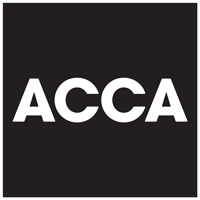Sole Trader or Limited Company
Sole Trader or Limited - Which Option is For Me?
Deciding between operating as a sole trader or establishing a limited company is a pivotal decision for any business owner, and it requires careful consideration of various factors. Each business structure has its own set of advantages and disadvantages, making it essential to weigh these options against your specific needs and goals.
As a sole trader, simplicity is a key advantage. The administrative burden is relatively low, and you have complete control over decision-making. Being a sole trader allows for quick and straightforward decision-making processes, enabling you to respond promptly to market changes. However, this simplicity comes with a significant trade-off – as a sole trader, you are personally liable for any business debts. Your personal assets are at risk, which can be a substantial concern, especially if your business involves inherent risks.

On the other hand, setting up a limited company offers legal separation between personal and business finances. This means that the company becomes a separate legal entity, and your personal assets are protected in the event of business debts or legal issues. While the administrative responsibilities increase with a limited company, the potential for tax planning, access to more funding options, and the ability to attract investors often outweigh the additional workload.
When considering which option is right for you, it's essential to evaluate various factors such as your business size, future growth plans, and risk tolerance. A thorough understanding of your business objectives will help determine the most suitable structure. Our team at Lorraine Whyte Accounting Ltd can provide personalized advice tailored to your specific situation, guiding you through the intricacies of each option and helping you make an informed decision that aligns with your business goals.
Understanding the pros and cons of each option is crucial. It's not a one-size-fits-all situation, and what works for one business might not be suitable for another. Our comprehensive guidance ensures that you have all the information needed to make a well-informed choice that sets the foundation for your business success.
Get in touch and find out more about the pros and cons of each option and how they apply to your unique circumstances
Let’s talk!
Email us:
info@lwaccountants.ie
Call us:
085 134 5178
Office Address:
Unit 4, The Seapoint Building, Clontarf, Dublin 3


